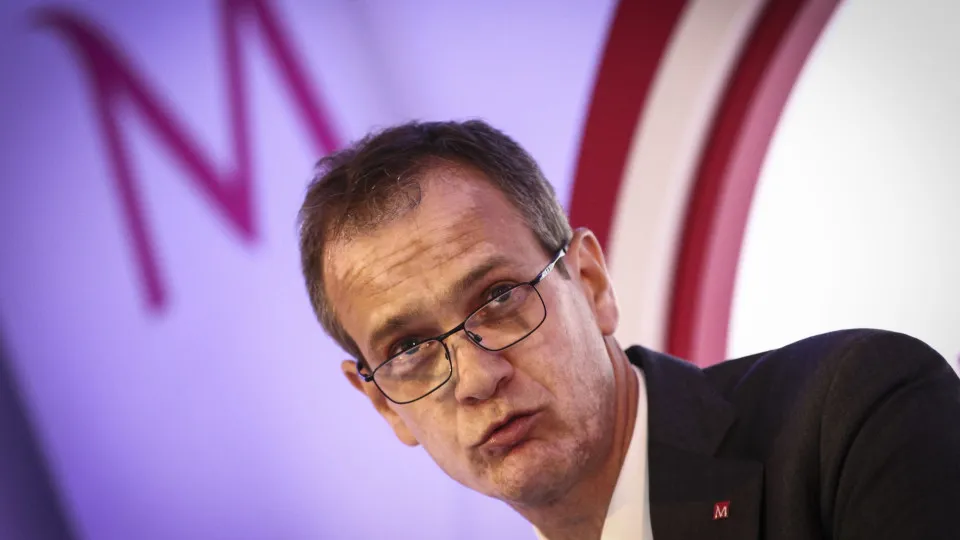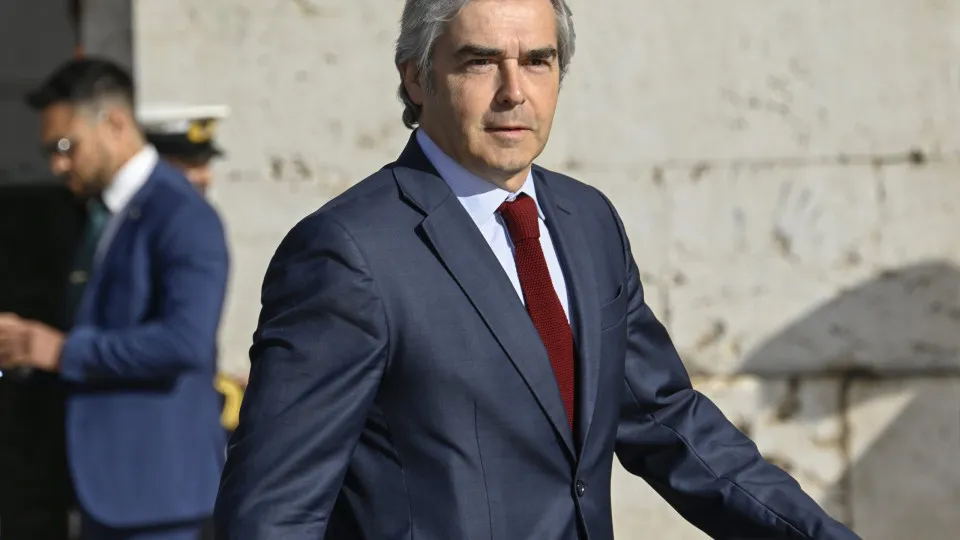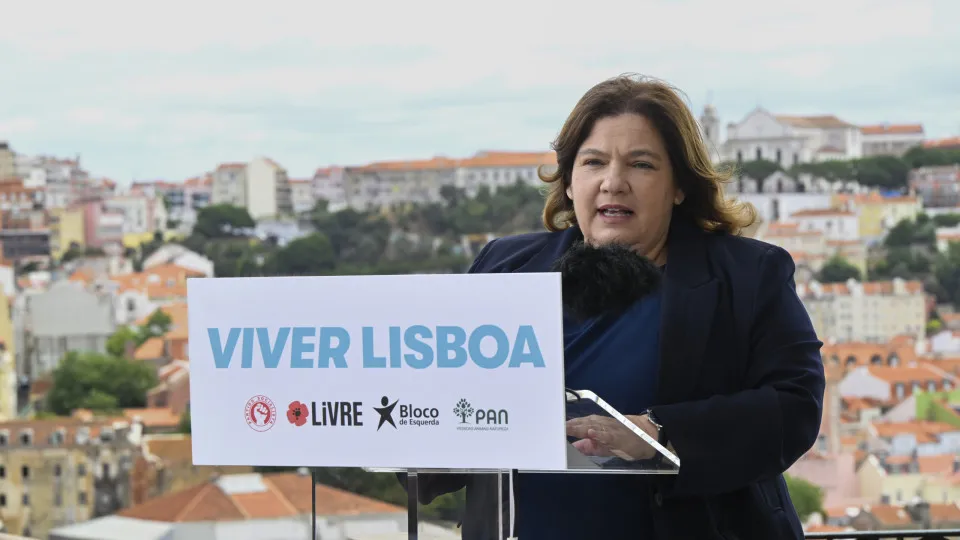
“Portugal has all the conditions in this new framework, in this new world order that is being drawn to emerge as one of the winners. We have human talent, new generations that are frankly well-prepared, an attractive location for top professionals, and a size that doesn’t pose concerns to major powers but allows us access to more markets,” said Miguel Maya at the opening of the Millennium Talks COTEC Innovation Summit.
In his address at the event held today at the Lisbon International Fair (FIL), the banker pointed out that the world is experiencing a moment of transition to a new order that will require adjustments in the business and social fabric.
Among the changes are climate change and energy transition, goals he considered difficult to achieve due to global fragmentation, and wars and upheavals, “like the invasion of Ukraine or the horror” taking place in Palestine, among other less publicized conflicts.
Moreover, he noted that in the phenomenon of migrations, the discourse cannot be simplistic to the point of a “yes or no,” and that the integration of migrations must be done deeply, with economic and population growth depending on a planned and not uncontrolled diversity.
“The issue is how to integrate, how to ensure that we have a solid, cohesive culture and that we have a country that can prosper and has the capacity to attract and retain talent, regardless of nationality,” he said.
Miguel Maya also advocated for strengthening the business fabric and the economy to generate more value.
Within the economy, he recalled the recovery Portuguese banking has made in the past ten years, citing an analysis by Moody’s that placed Portuguese banking as the second most robust in Europe, only behind Norway.
“Who could have said this ten years ago? It’s not just BCP. And this in a context that was highly unfavorable to banking,” including with negative interest rates.
According to the banker, the sector had to make “very difficult and heavily criticized decisions at times,” but with a clear purpose: “the banking interests had to be absolutely aligned with what were the interests of the real economy.”
In this sense, and highlighting the recovery of stock valuation— “clearly above the European index” — Miguel Maya welcomed the A rating the bank received after 16 years.
At the beginning of the month, the financial rating agency Morningstar DBRS raised the evaluation of BCP, including the long-term rating, from “BBB” (‘high’) to “A” (‘low’).




